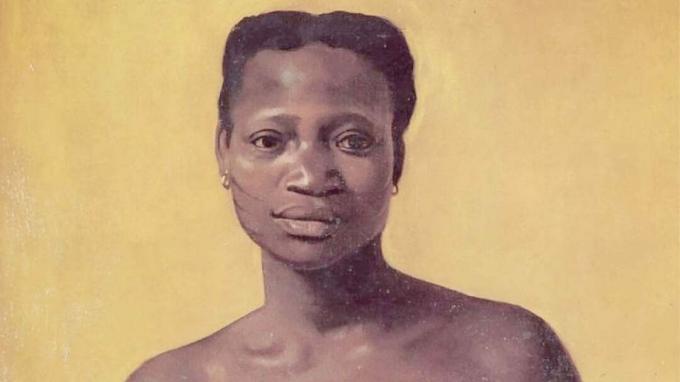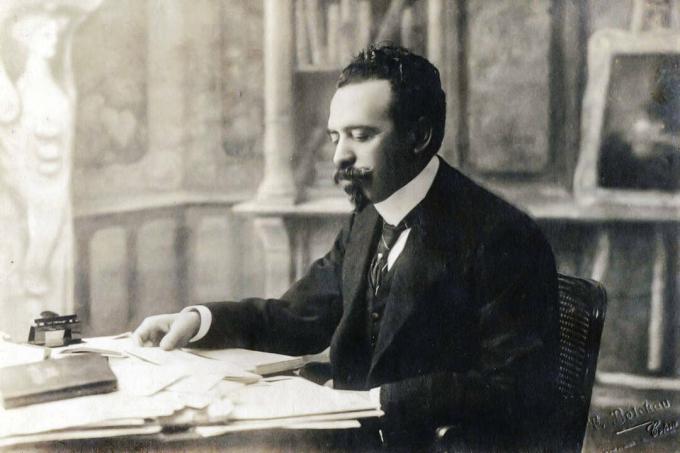
If we do a historical review, we realize that the lives of many black people were full of struggles.
At the Brazil Colony, many were subjected to slavery, and many still suffer prejudice and inequality inherited from that sad period.
see more
Discover the biography of Magda Soares and her main works
Who was Emmi Pikler? Discover its history and methodology
In the midst of these episodes,the black movements began to rise, and with them great black personalities emerged.
Warriors, artists, writers, teachers, athletes, political activists… the list goes on!
meet now 10 Brazilian black personalities!

Zumbi dos Palmares he was responsible for the famous quilombo formed by slaves who escaped from farms and slave quarters.
He was killed in a confrontation on November 20, the date on which the Black conscience day in Brazil.

Dandara dos Palmares, together with her husband, Zumbi, fought alongside the troops defending Quilombo dos Palmares.
When he was defeated, in order not to be caught by the soldiers, she preferred to commit suicide.

Antônio Francisco Lisboa, better known as crippled, was an important carver, sculptor and architect in Colonial Brazil.
Her works, with baroque features, conveyed a projection of the slave society.

The queen of Quilombo de Quariterê, in the Mato Grosso, after the death of her husband, she led the fight for the quilombo.
Her leadership was considered innovative, due to the institution of a Parliament that discussed the norms for the functioning of the place.
Tereza was killed by the Portuguese on July 25, 1770, a date that is now known as Black Women's Day in Brazil.

Maria Firmina dos Reis was the first woman to pass a public competition as a teacher.
She founded a “co-ed” school and even wrote the novel Ursula, which anticipated the abolitionist genre in Brazil, which began to be a trend with Slave Isaura, by Bernardo Guimaraes.

Nilo Peçanha was considered the first afro-descendant to assume the presidency of Brazil.
His government lasted only one year, but during this period he created the Ministry of Agriculture, Commerce and Industry, the Indian Protection Service and the first technical school in the country.

Born in Bahia, she was descended from a lineage of Iyálorixás, who were female leaders who commanded a Candomblé terreiro.
In the 1980s, these activities were prohibited, but she stood out for making Candomblé known to intellectuals and politicians.
Her wisdom made the Abro-Brazilian religion gain more visibility and respect in Brazil.

Antonieta de Barros dedicated her life to teaching. She created newspapers that defended feminine ideas and in the 30s, she entered politics and was the first black state representative in the country.
In 1934, Antonieta was elected by the Catarinense Liberal Party to the assembly that would defend the new Constitution. She was present on the Education, Culture and Functionalism commissions.

Edson Arantes, known as Pelé, is considered the greatest football player of all time.
His great plays made him conquer the world. He participated in four World Cups and three of the champion teams.

Joaquim Barbosa is a Brazilian jurist, known for judging the Mensalão case.
He was Minister of the Federal Supreme Court (STF) and the first black person to assume the presidency of the STF.
In 2013, he was named one of the 100 most influential people in the world.
See too:

